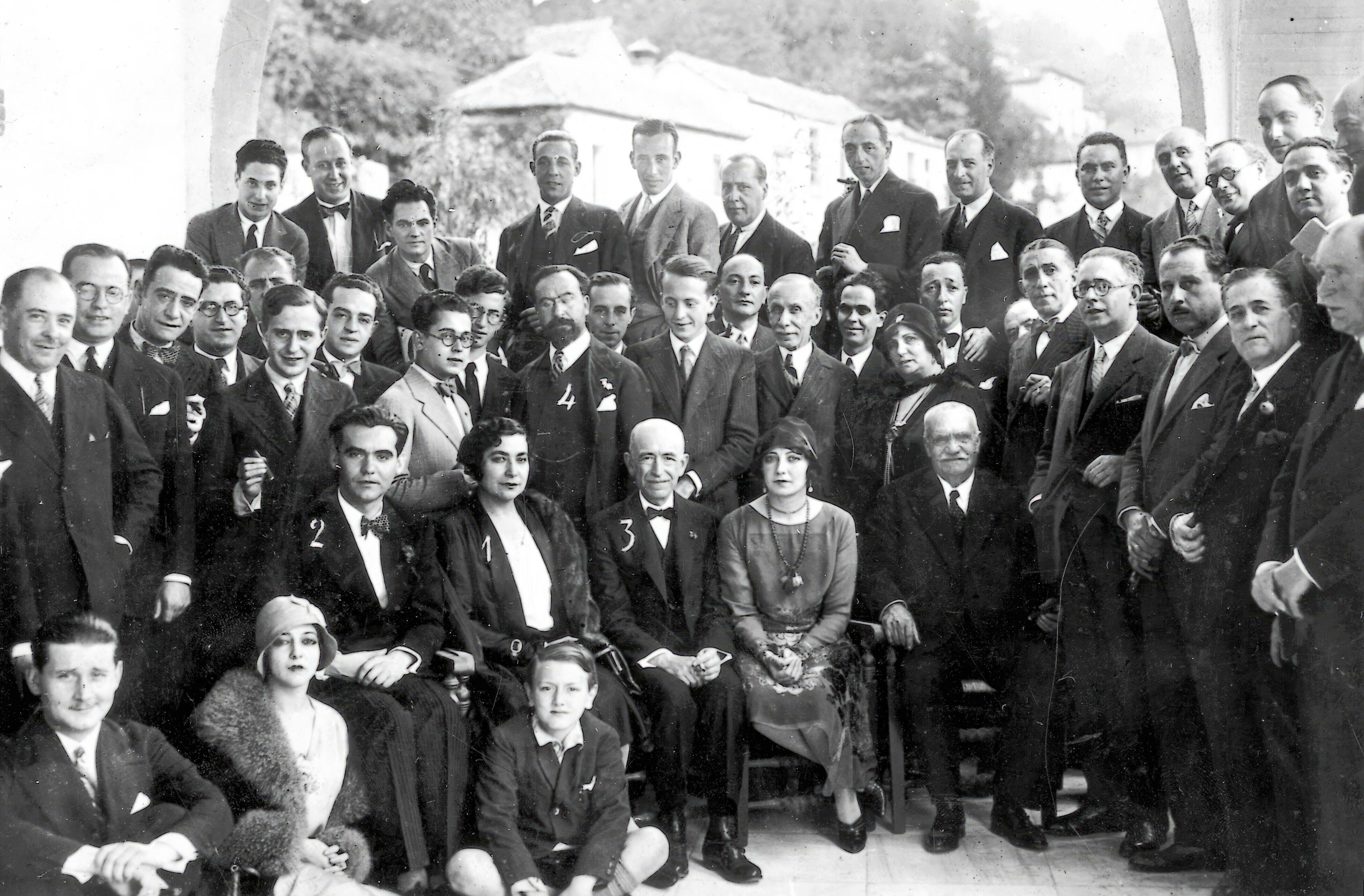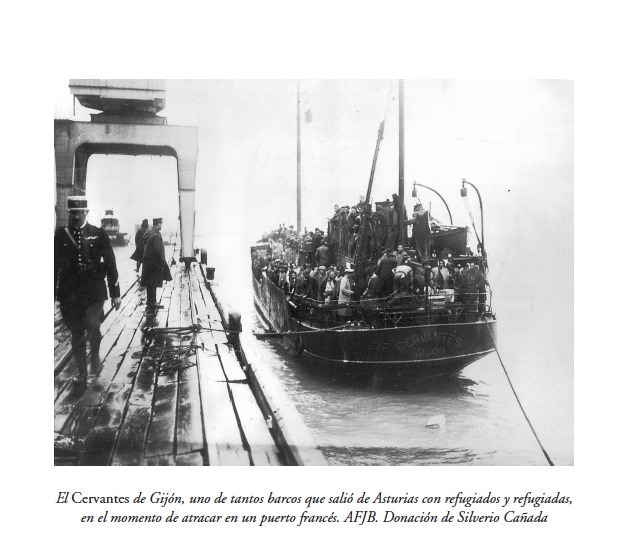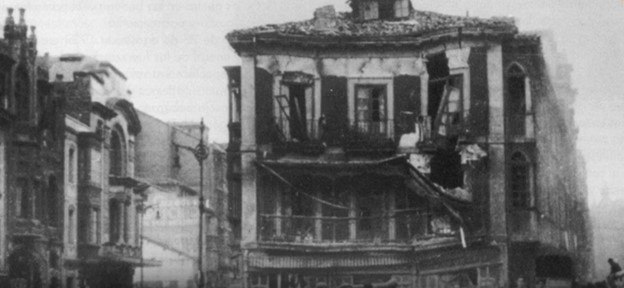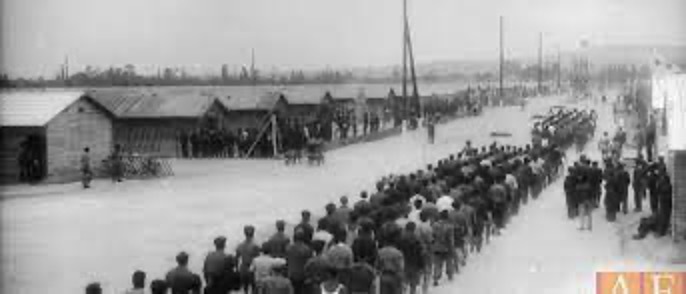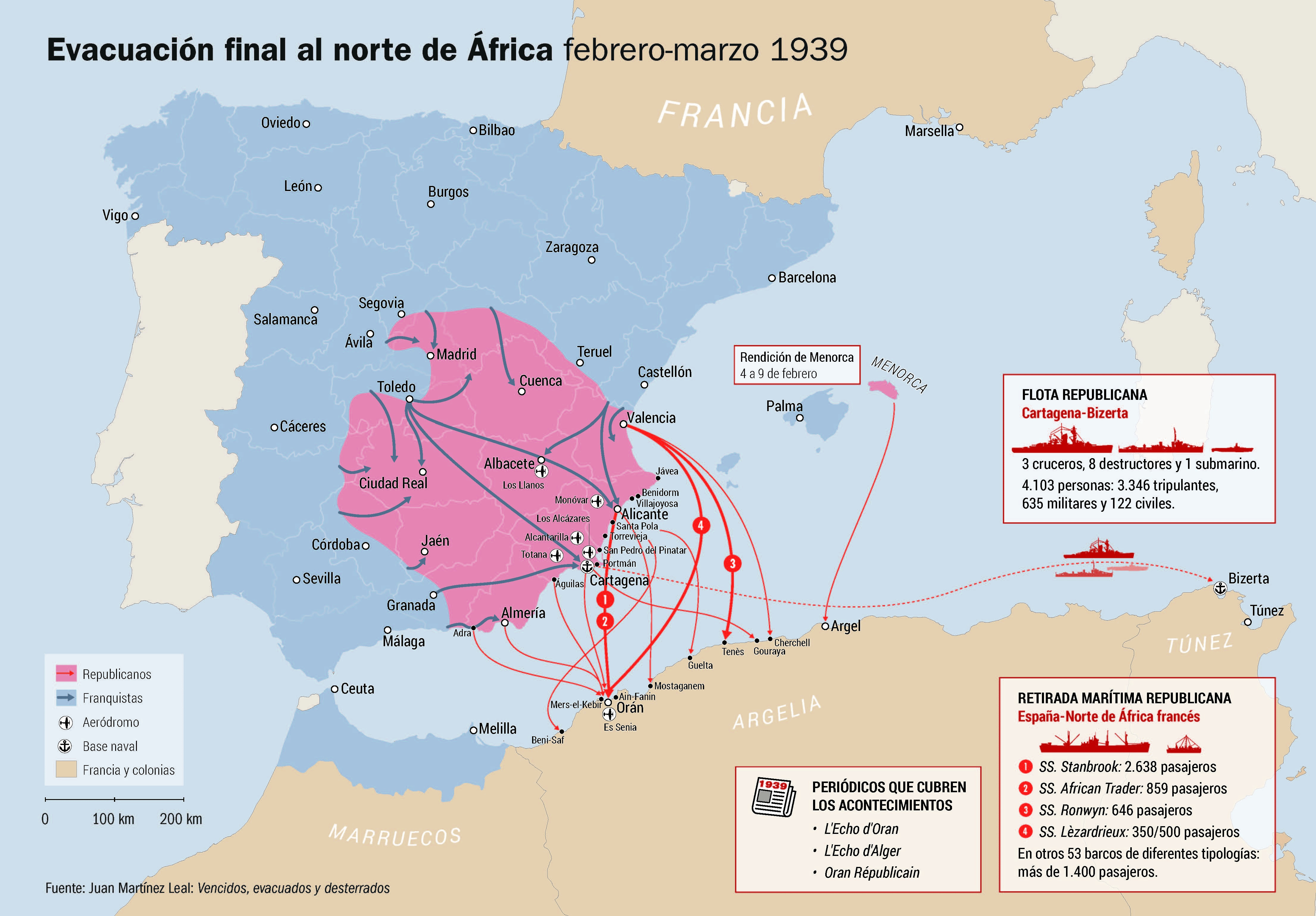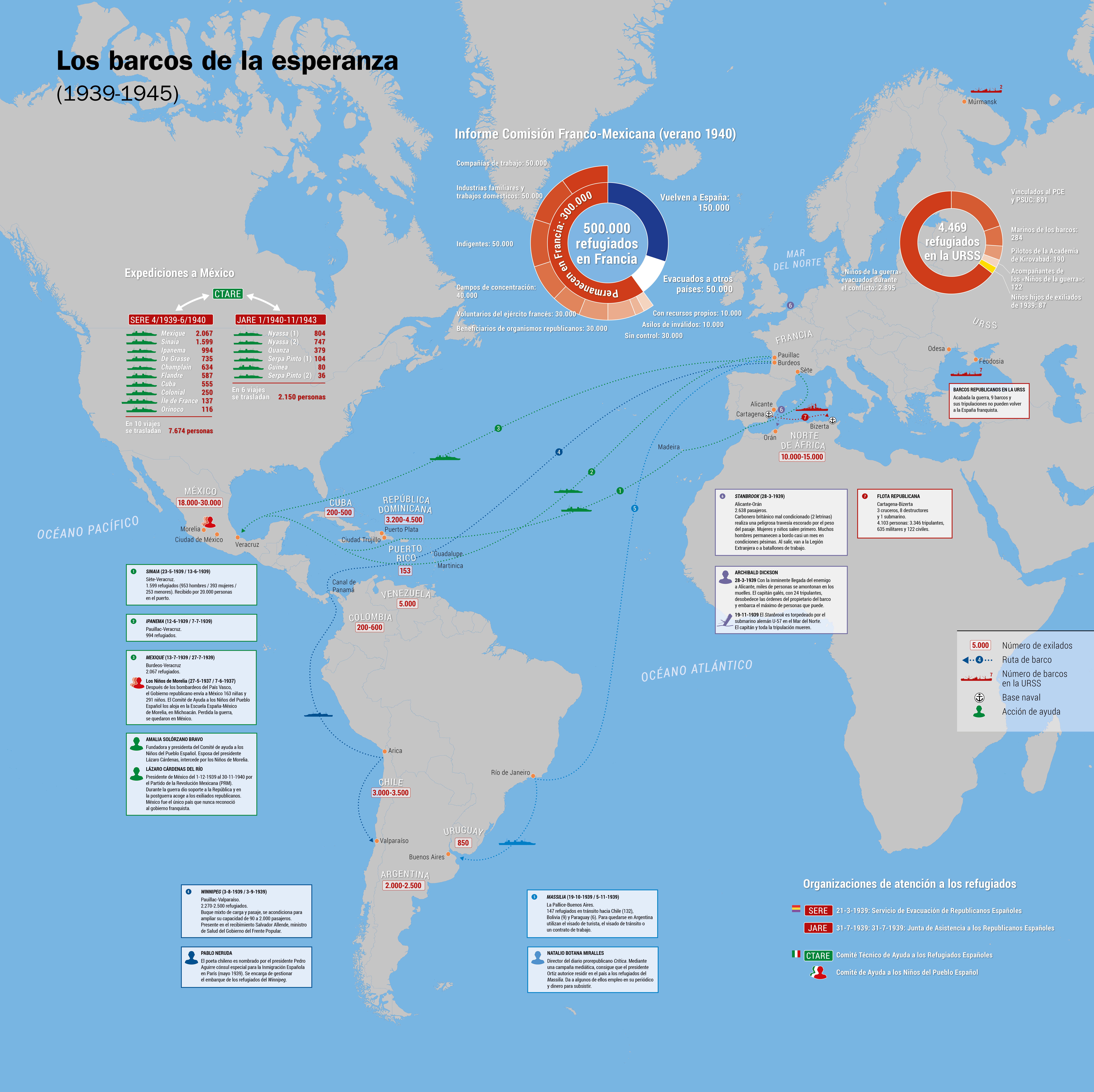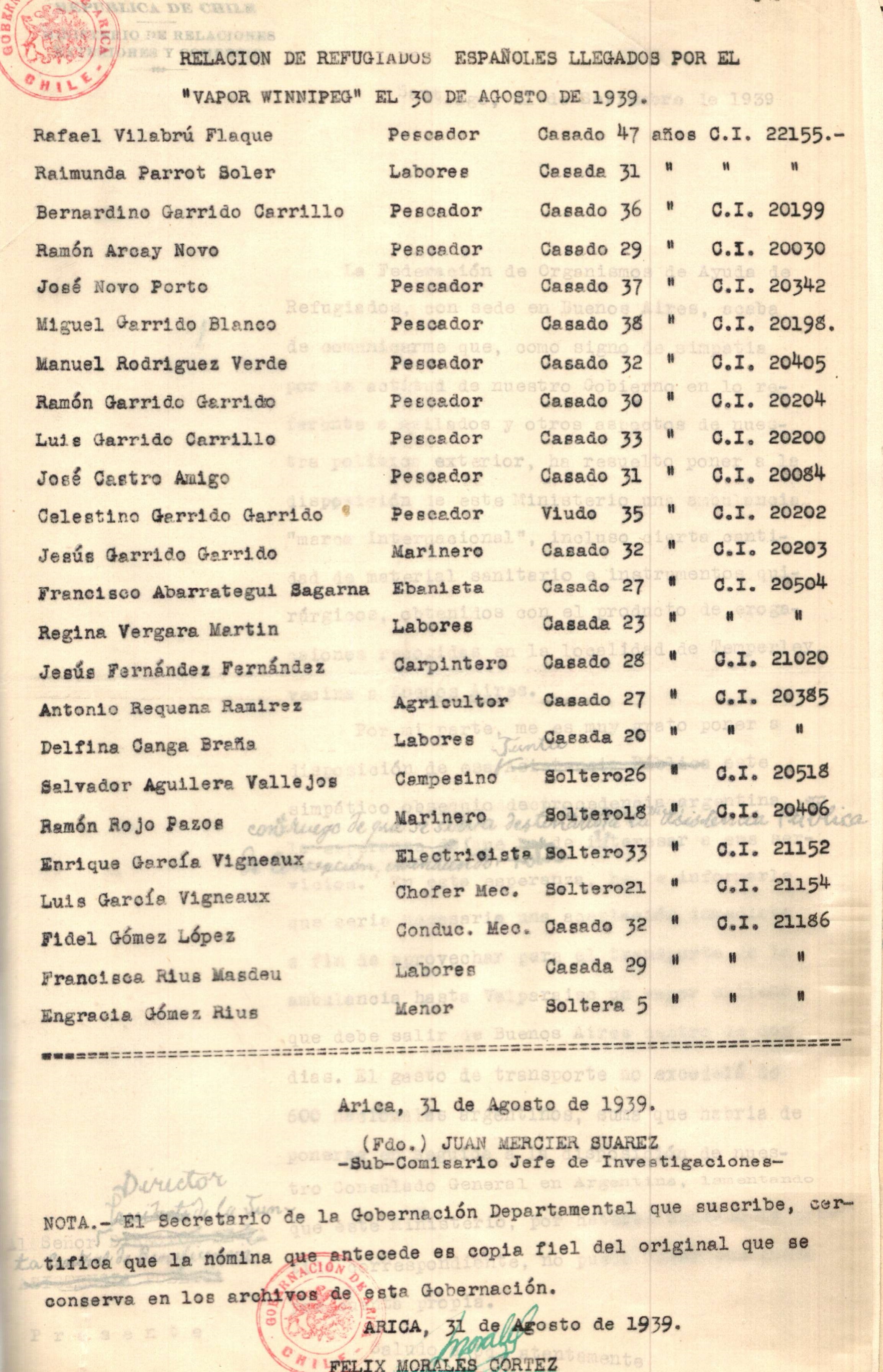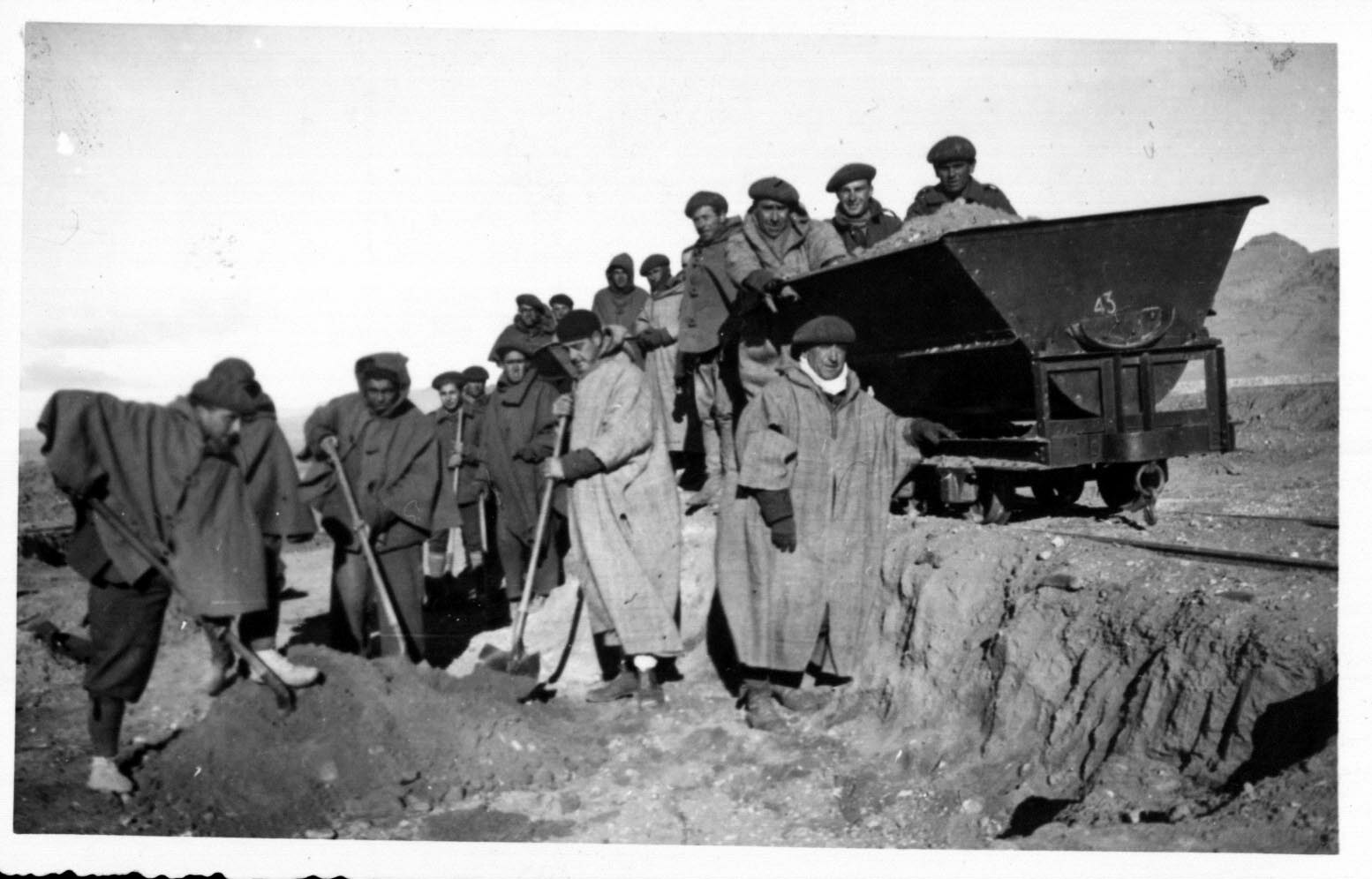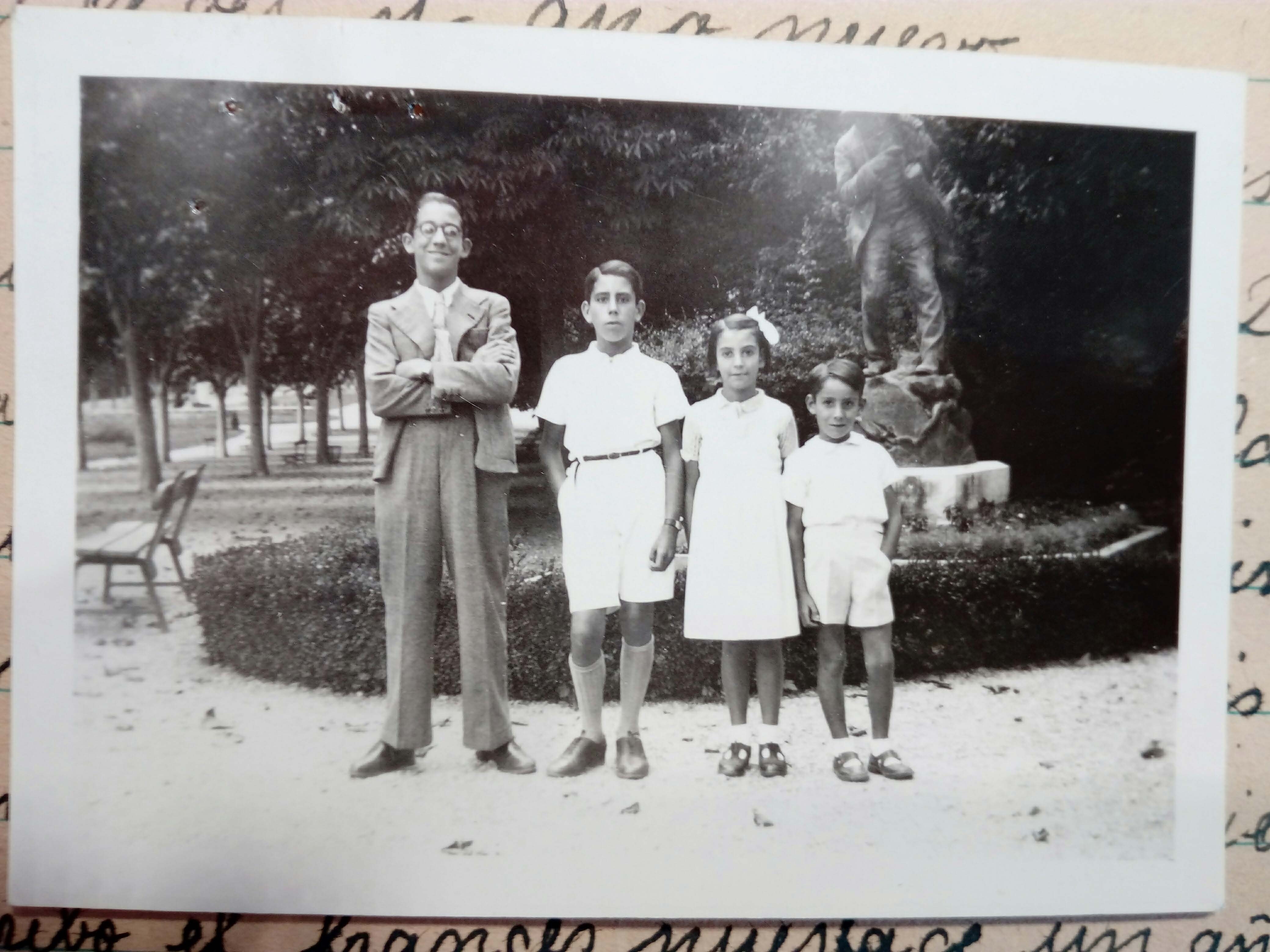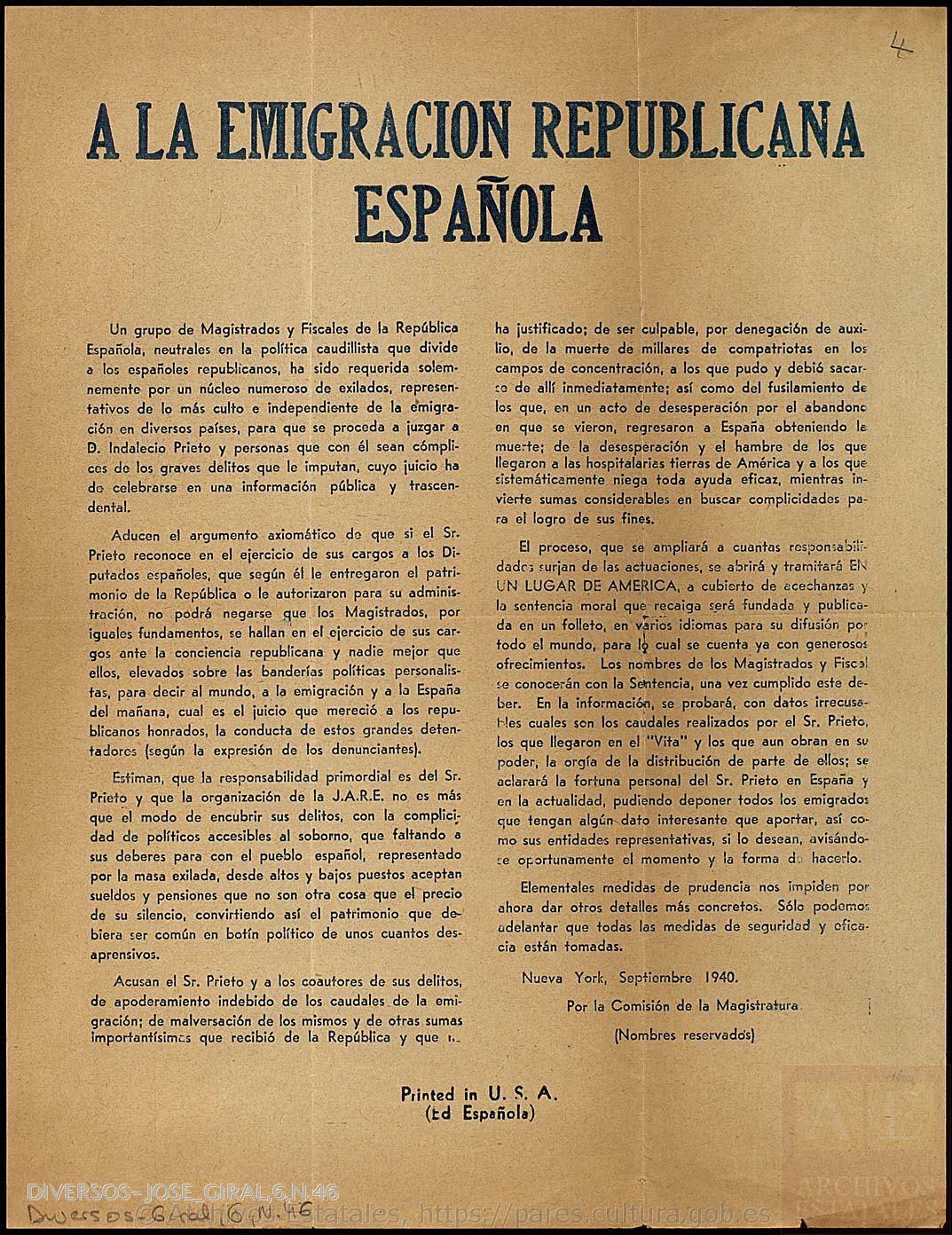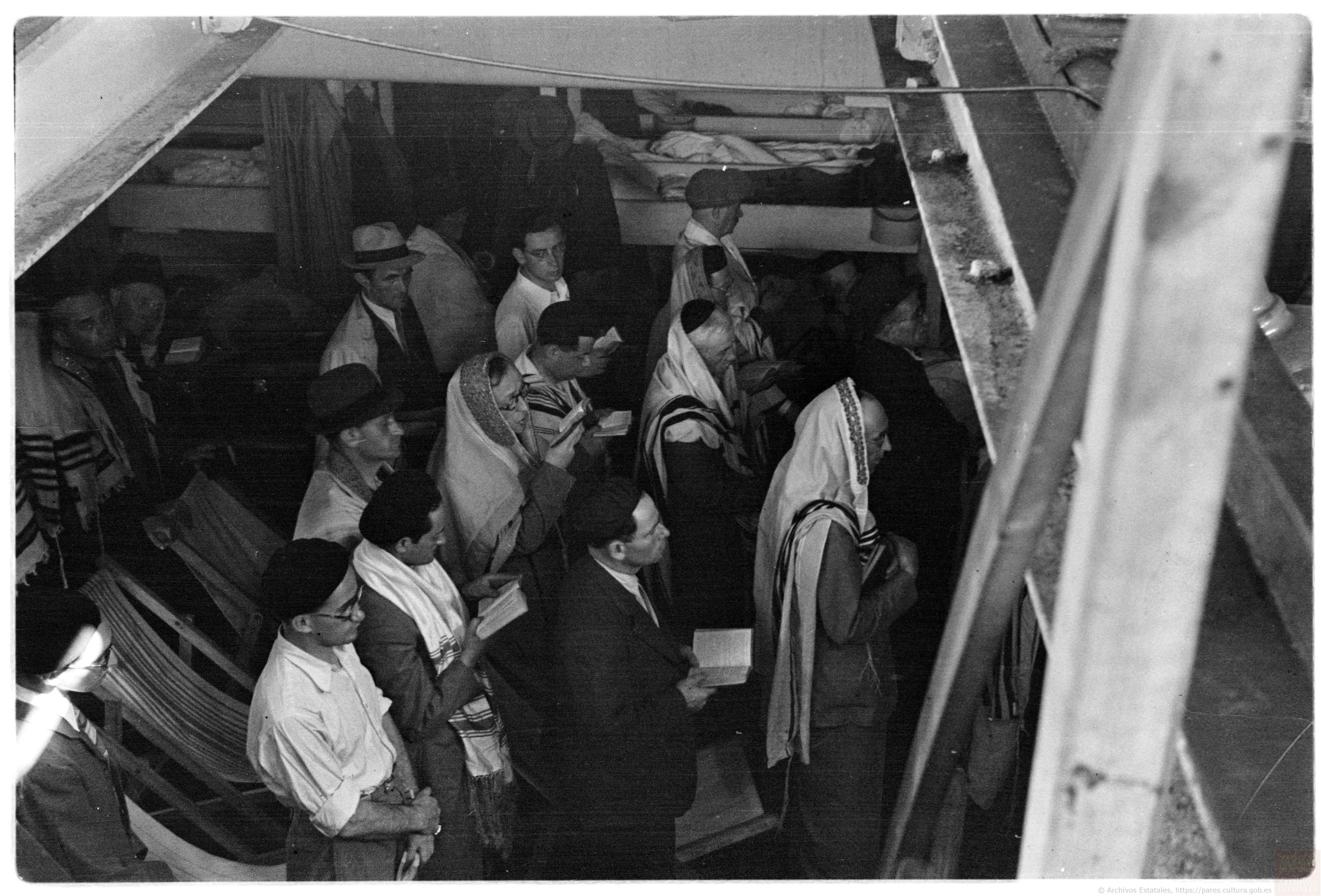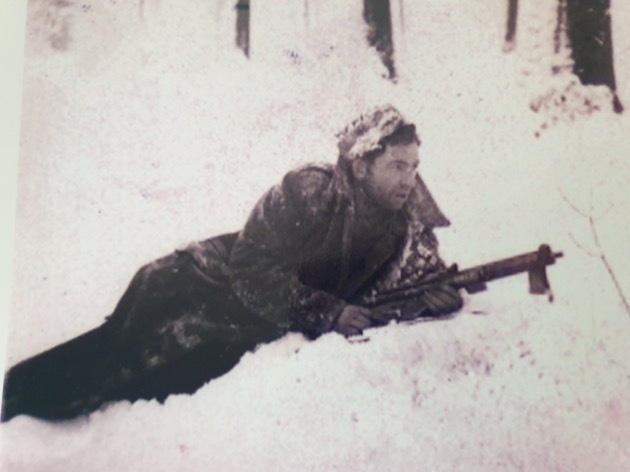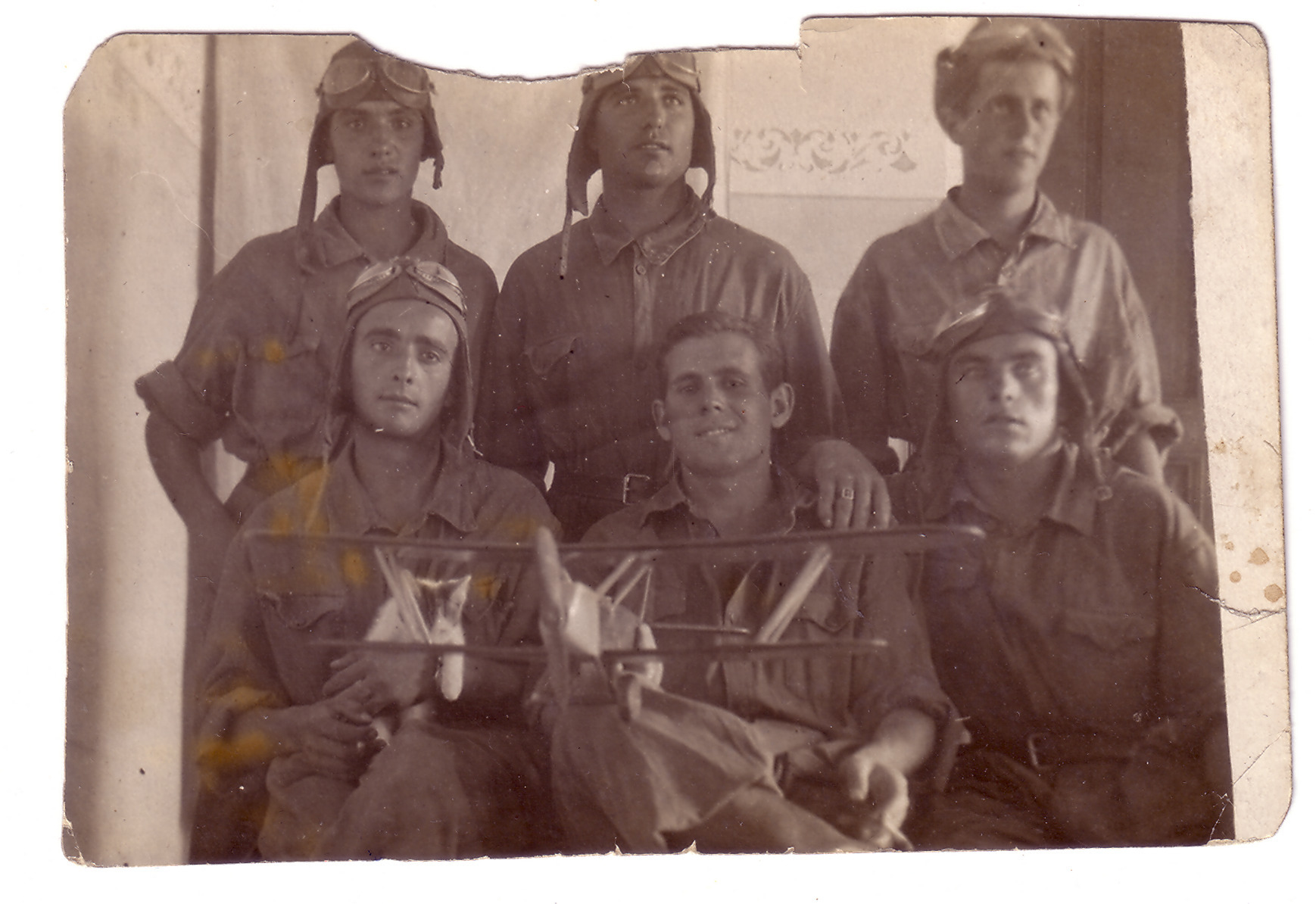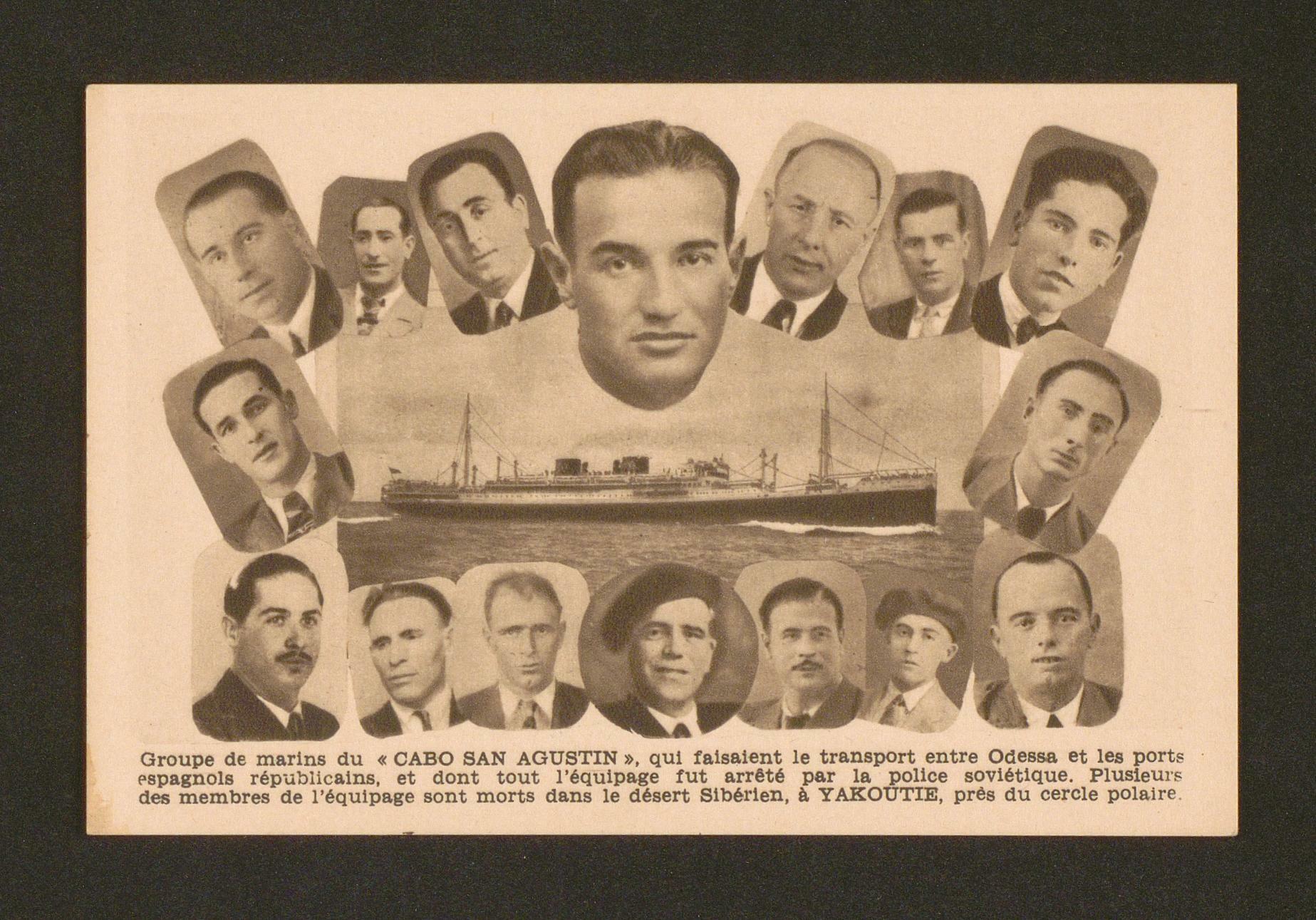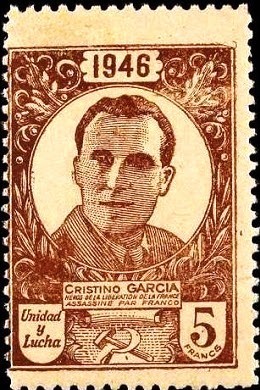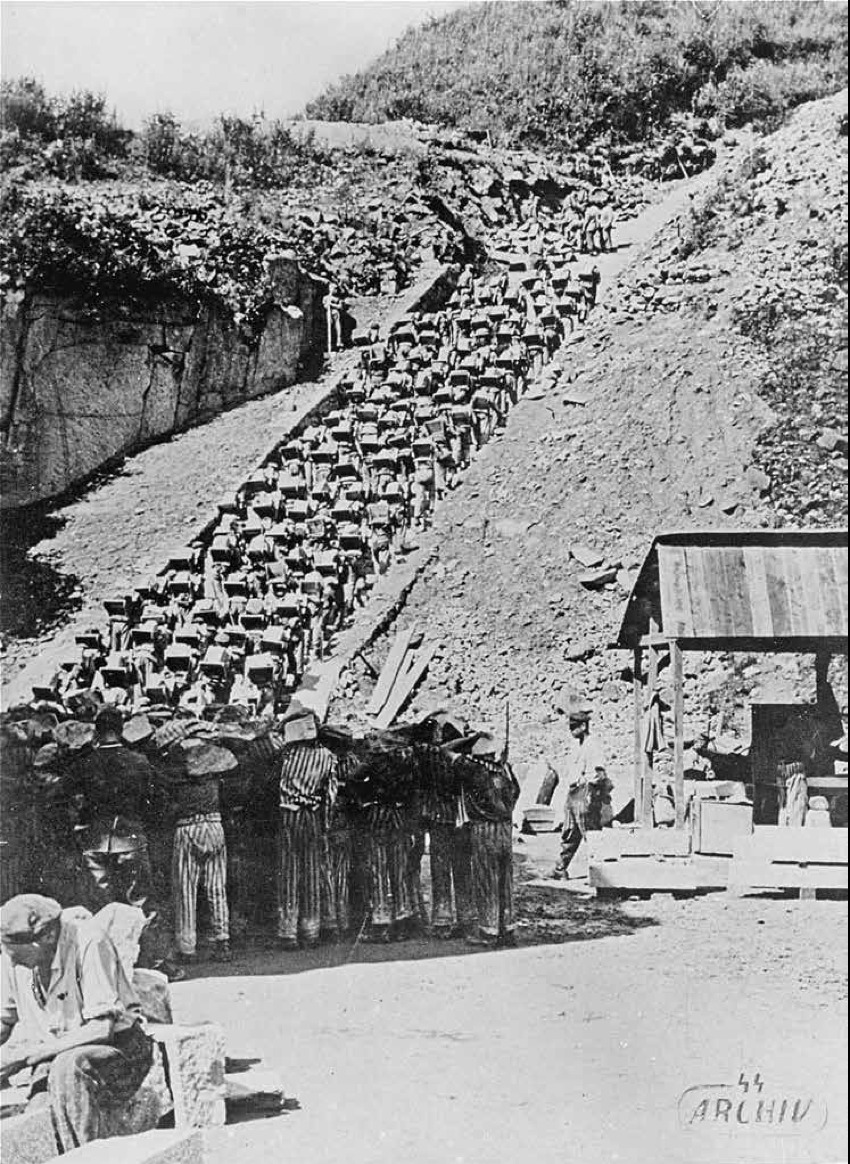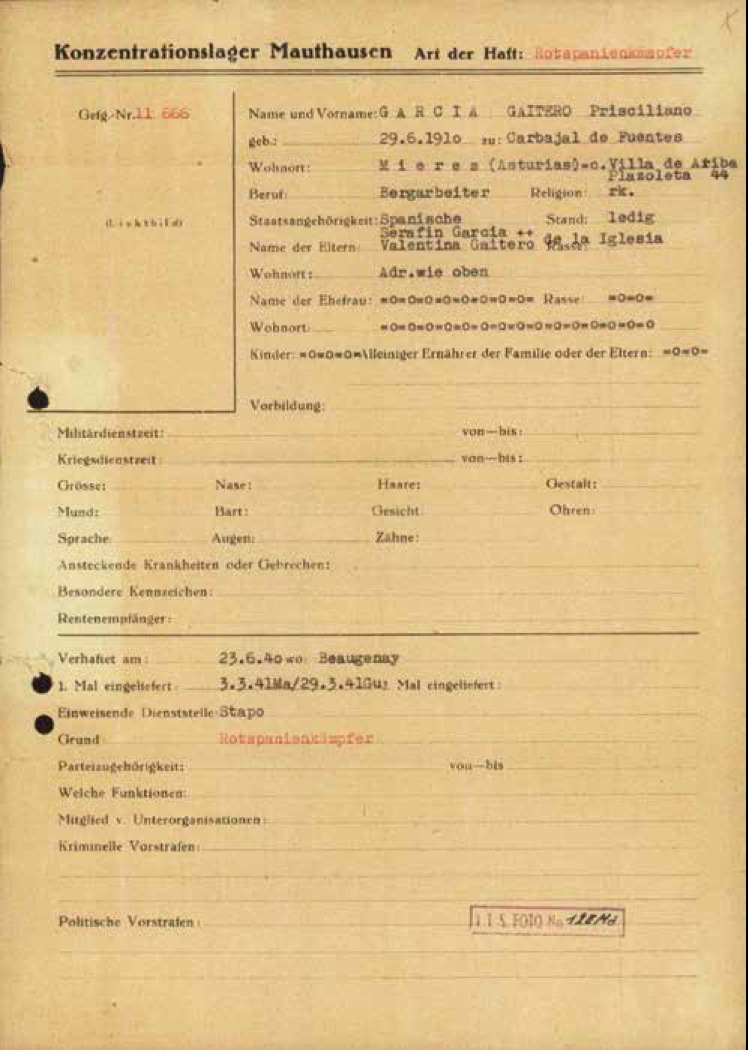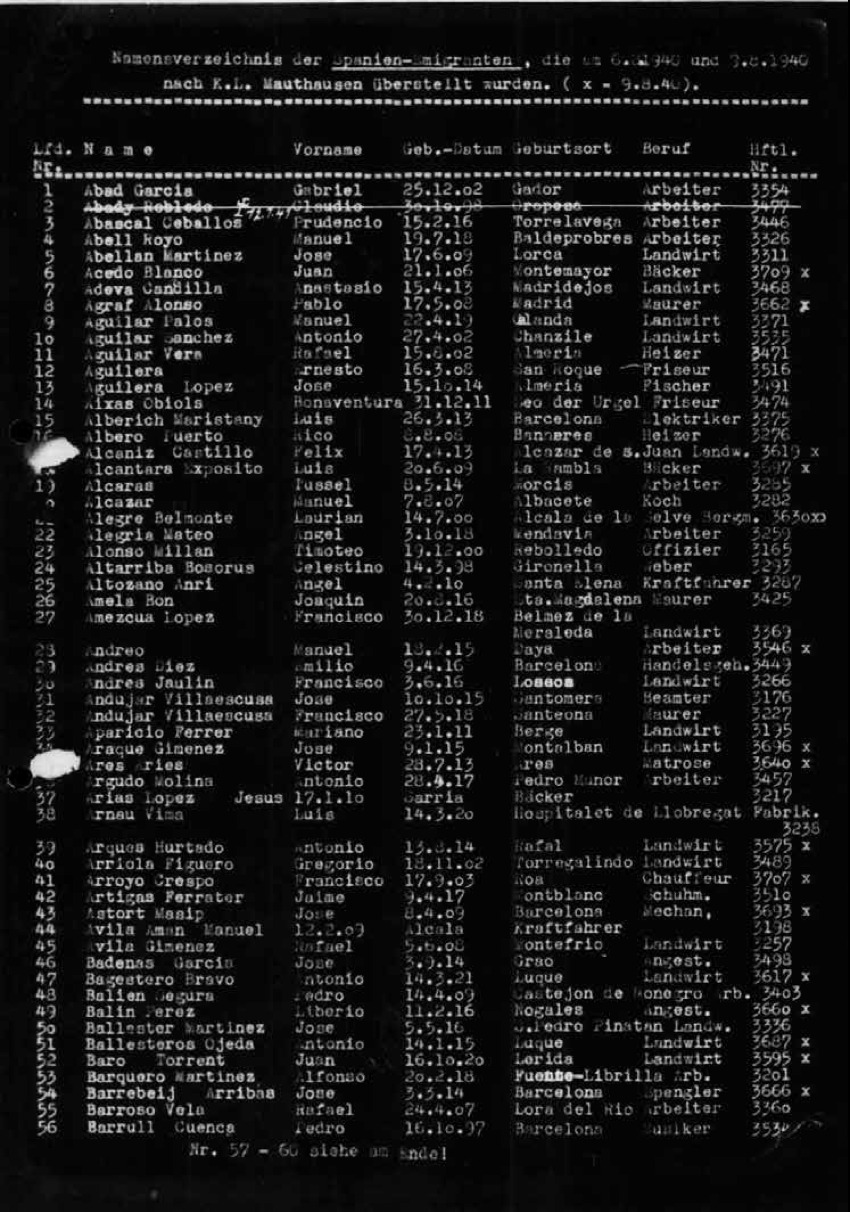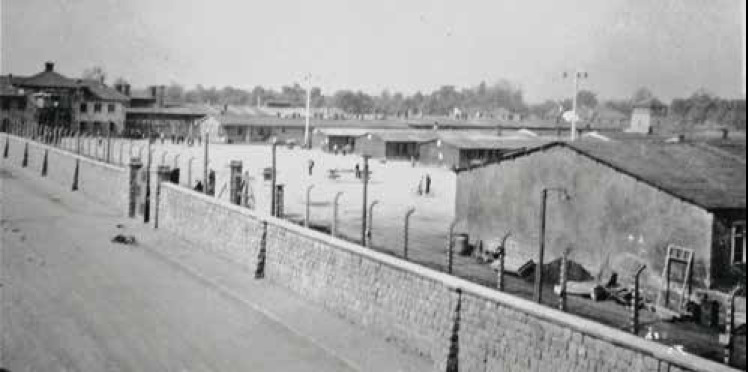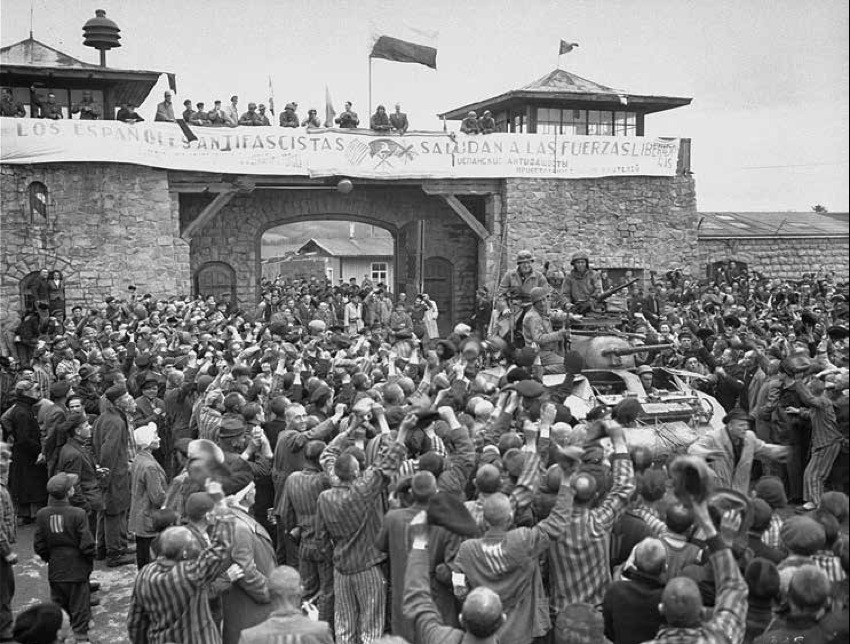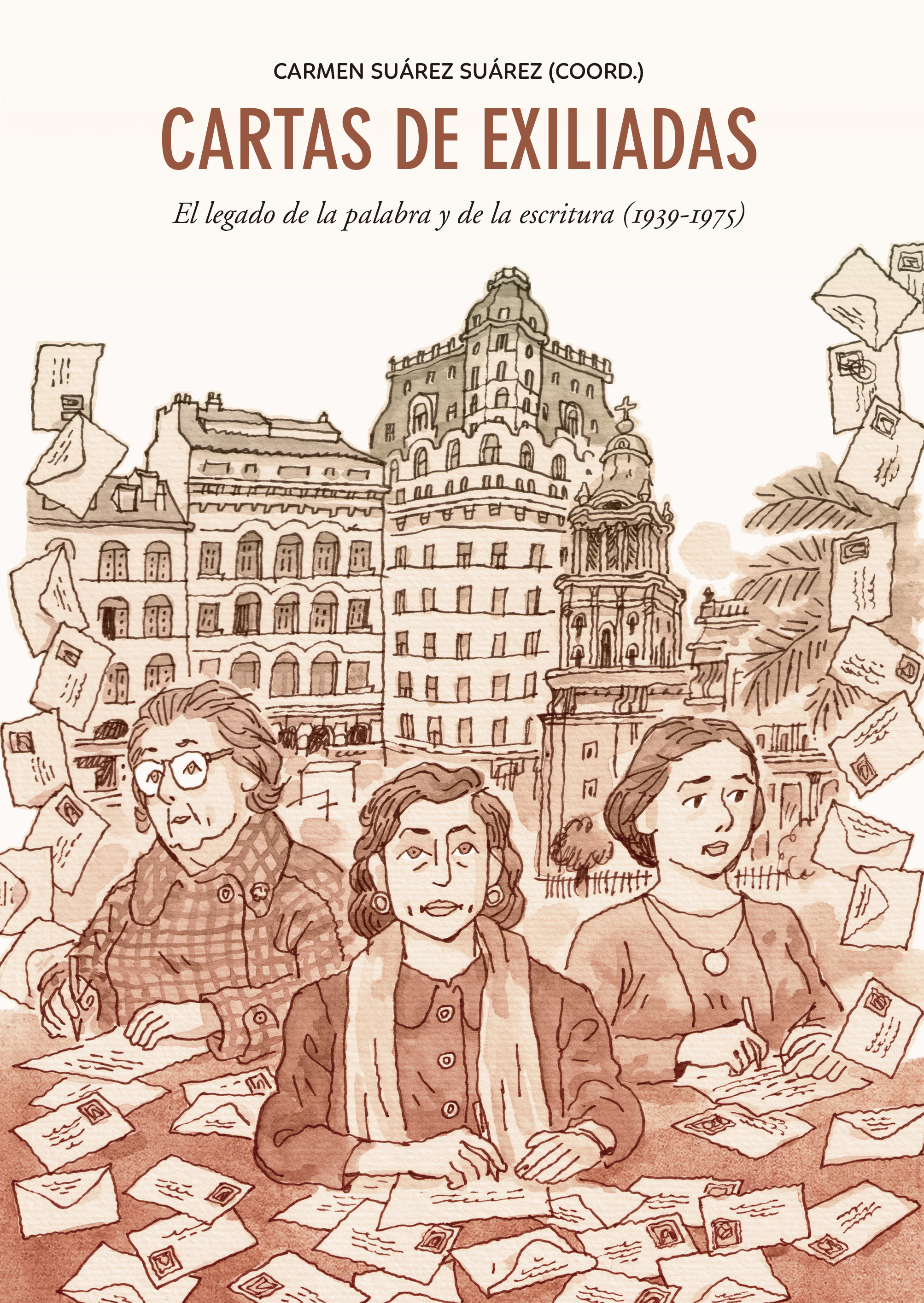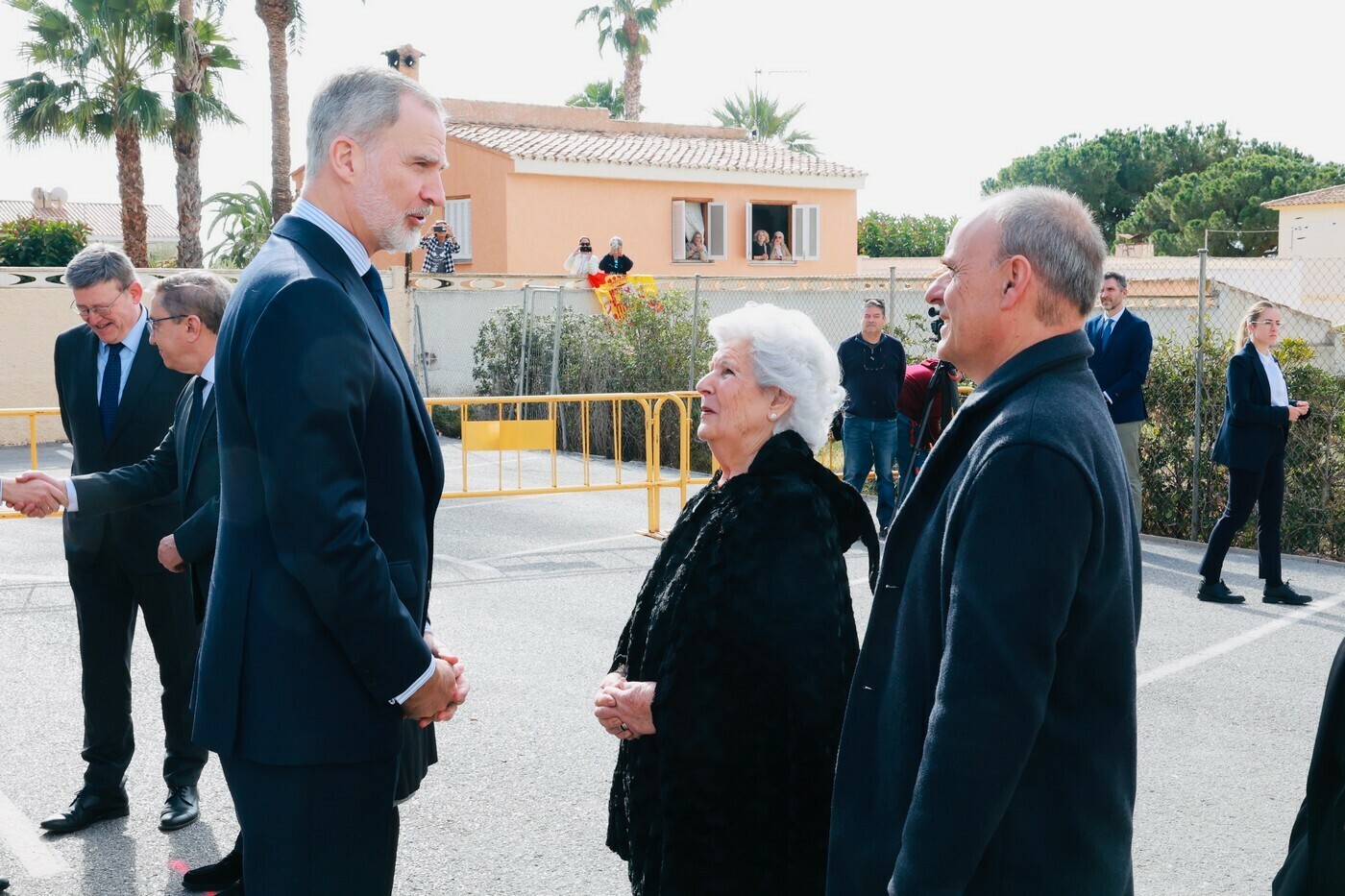Wars create exiles, and the Spanish Civil War began to create from the beginning. From famous intellectuals to an unknown number of anonymous people, many left the country to escape from the violence unleashed by repression or to avoid being drafted. Others hid or lived in a kind of internal exile in an attempt to wash their hands of a reality they refused to accept.
The advance of the rebel armies in 1936 and 1937 produced the first large flow of exiles. There were children who were sent abroad to keep them out of harm way. There were also civilians and Republican soldiers, those who fled following the collapse of the northern front in the second half of 1937, who feared for their lives knowing that they would inevitably become the victims of Francoist purges and exterminations.
The most significant movement of exiles came in 1939. In January and February some 450,000 people fled to France. This was the “Withdrawal” that followed the rebel conquest of Catalonia. Then, at the end of March when the fighting ended, thousands more managed to reach the ports of French North Africa. Many of these exiles would find their way to Latin America.
The political parties may have been divided, but exiles across political lines had a shared experience. Concentration camps for the men and many women and children, and fear for all. Then came the more or less voluntary entry of tens of thousands of men into the French army, the defeat, and the continuation of the struggle in the Free French forces, the Resistance, or the British army.
Others ended up in extermination camps. With the approval of the Francoist regime, the Vichy authorities sent a train carrying 927 Spaniards to Mauthausen on 24 August 1940. It was the first train carrying deportees to the camps from western Europe.








